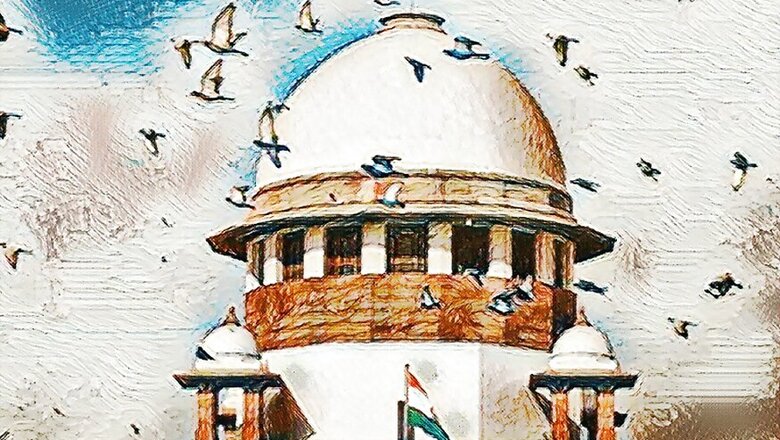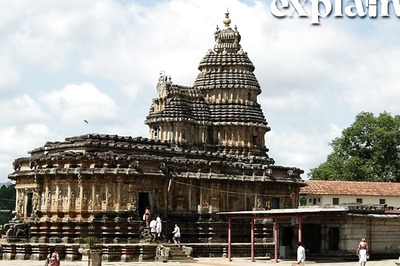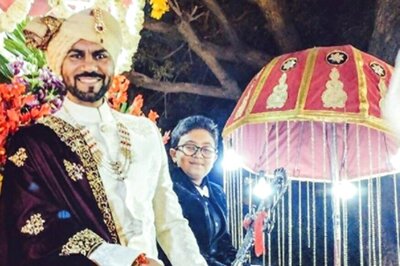
views
New Delhi: In the next four weeks, the Supreme Court benches, headed by Chief Justice of India Ranjan Gogoi, are set to write history on how the highest court of the land interprets beliefs and faiths.
The two Constitution Benches shall lay down precedents on matters of religious tenets and practices as they deliver verdicts in the cases of Ayodhya title dispute and Sabarimala temple entry.
CJI Gogoi demits office on November 17 and the judgments in the two contentious cases are expected any time before his retirement. Notably, both these cases involve vexed issues of religion, beliefs, faith on one hand and the matter of right on the other.
In Sabarimala, the question of fundamental rights of women to equality and to pray have taken the centre stage whereas in Ayodhya, right to ownership and possession of the disputed land is the moot point of contention.
However, the decisions in both Ayodhya title dispute and Sabarimala review petitions require acknowledging the religious principles and interpreting them, going to the rationale behind the age-old practices, and balancing various constitutional rights under Articles 14, 19, 25 and 26.
In Ayodhya, the Hindu and the Muslim sides have put forth their submissions on tenets of religion and matters of belief. Both have cited their staunch belief in the significance of the disputed site and its relevance in their respective religion. They have implored upon the court to accept their views on reverence of God or the deity and the corresponding right to offer prayer at the disputed spot.
Similarly, in Sabarimala, while the clutch of petitions has asserted that discrimination of women on the basis of their physiological condition, namely menstruation, is violative of their constitutional right to equality, their right to pray, the other side has underscored the nature of the deity and age-old beliefs.
The Supreme Court has already decided Sabarimala once but as vehement plea to reconsider galore, the court had to sit again to review its verdict. And the chief point of reconsideration is about the scope of the court’s interpretation and consequent intervention into matters of belief.
The judges will have to tread with abundant caution. They are mindful they will be walking on thin ice in matters of religion that intrinsically involve passion and belief of followers. At the same time, they know their allegiance to protecting the rights granted to every single individual under the Constitution of India.
Thus, the two Constitution Bench judgments are bound to shape the jurisprudence in matters of religion and the rights of deity for a long time to come and in a series of matters to come.


















Comments
0 comment